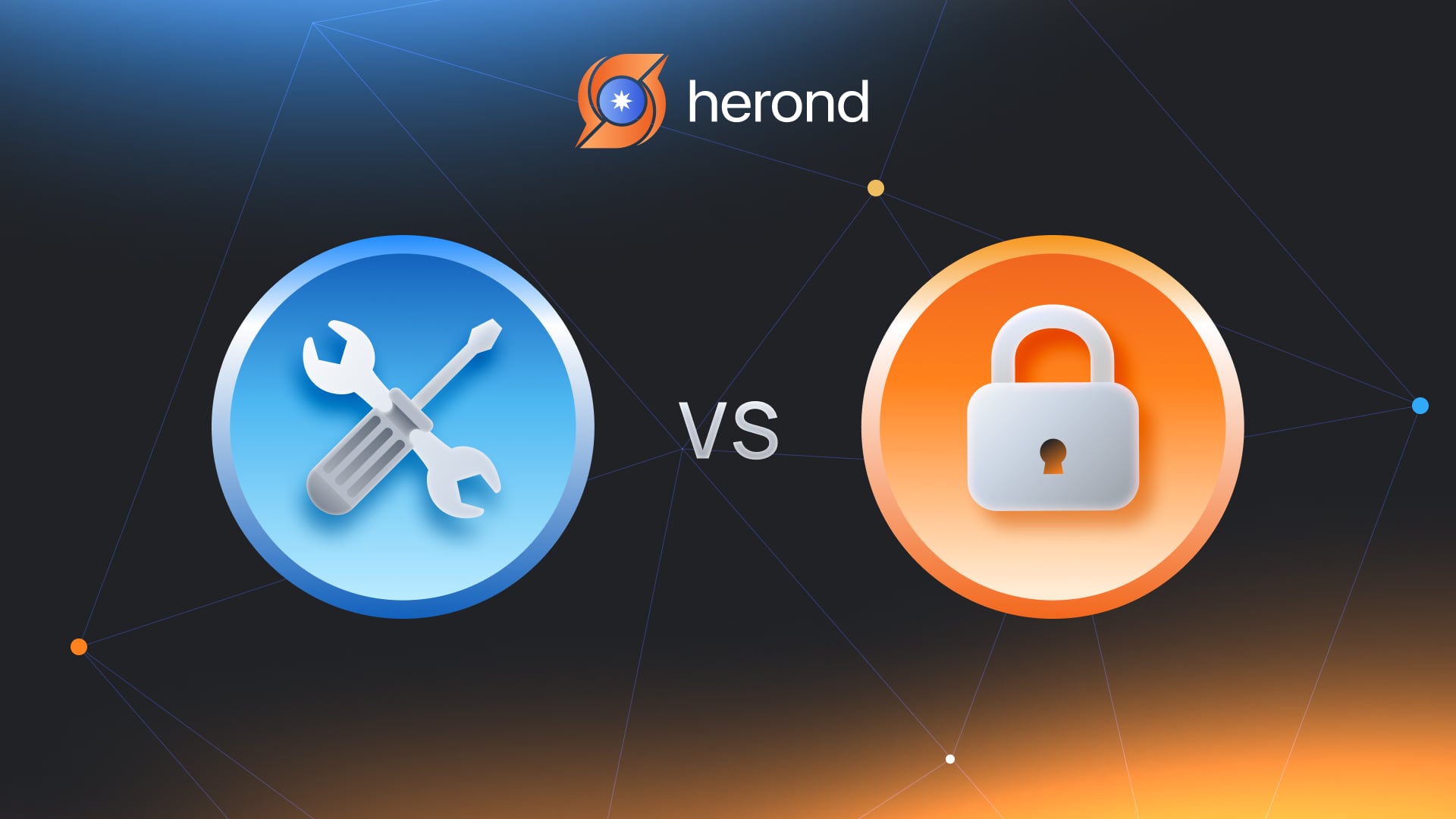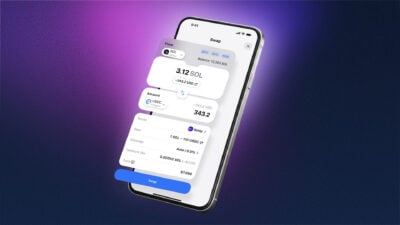When diving into the world of Blockchain Technology, it is certain that you have once heard of the term “Token”. These tokens are distinct from cryptocurrencies like Bitcoin or Ethereum, as they often serve specific purposes within a decentralized ecosystem.
Crypto tokens can serve various purposes depending on their design and use case. Some tokens function as digital currencies for transactions and value transfer. On the contrary, others serve as utility tokens for accessing services or products within a decentralized application (dApp). Additionally, there are security tokens that represent ownership of real-world assets and non-fungible tokens (NFTs) that represent unique digital assets.
This article aims to give you a brief understanding of definitions and key roles of two key types of tokens. Moreover, we will discuss the main differences between Security and Utility Tokens.

What is a Token?
A crypto token is a representation of an asset or interest that has been tokenized on an existing cryptocurrency’s blockchain. Crypto tokens and cryptocurrencies share many similarities, but cryptocurrencies are the native asset of a blockchain.
Crypto tokens are often used to raise funds for projects and are usually created, distributed, sold, and circulated through an initial coin offering (ICO) process, which involves a crowdfunding round.
What Is a Security Token?
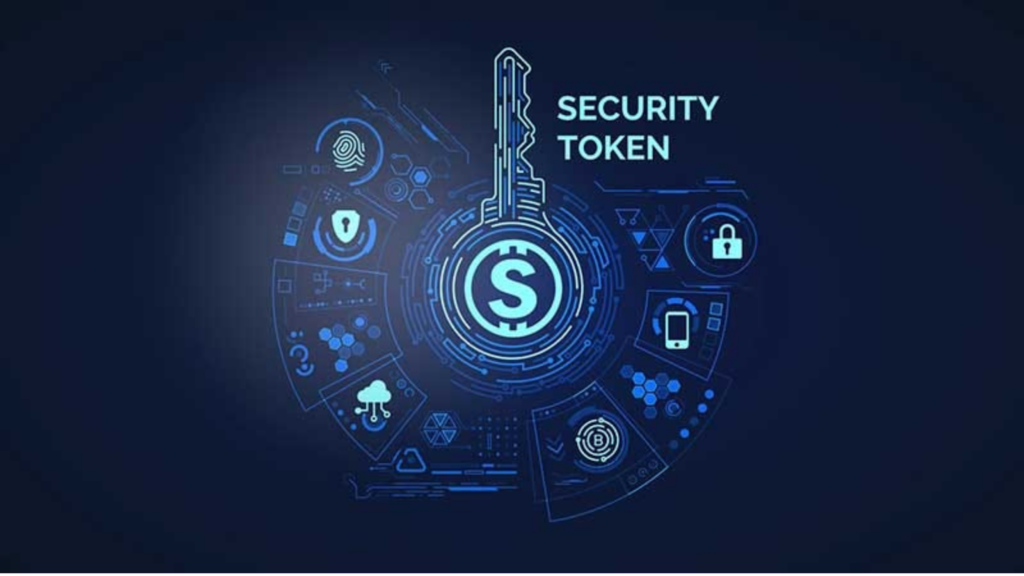
A security token is a digital representation of ownership or investment in a real-world asset, company, or financial instrument. These tokens are issued and traded on blockchain networks. Also, they are subject to securities regulations in the jurisdictions where they are offered and traded. In other words, security tokens offer investors the opportunity to access traditional financial assets in a digitized form.
Roles of Security Token
Security tokens play several key roles within the context of digital assets and investment. Here are some of the primary roles of security tokens:
- Digitizing Traditional Securities: Security tokens digitize traditional financial assets. By representing ownership or investment rights on a blockchain, security tokens make these assets more accessible, divisible, and transferable.
- Access to Fractional Ownership: Security tokens enable fractional ownership of assets. Therefore, it allows investors to purchase and trade smaller portions of high-value assets. As a result, it increases liquidity, reduces barriers to entry, and opens up investment opportunities to a broader range of investors.
- Liquidity Enhancement: Security tokens improve liquidity by facilitating the trading of tokenized securities. Consequently, this increased liquidity benefits investors by providing them with more efficient pricing, faster settlement times, and greater flexibility in managing their investments.
- Automated Compliance: Smart contracts embedded in security tokens can enforce compliance with regulatory requirements. As a result, it helps issuers and investors navigate complex regulatory frameworks and ensure legal compliance throughout the token’s life cycle.
- Global Market Access: Security tokens enable global access to investment opportunities by removing geographical barriers and reducing reliance on intermediaries. Investors from around the world can participate in security token offerings (STOs) and trade tokenized securities across borders, providing access to a broader pool of capital and investment opportunities.

- Transparent Ownership Records: Security tokens leverage blockchain technology to maintain transparent and immutable ownership records on a decentralized ledger. The transfer of security tokens is subject to regulatory oversight, including know-your-customer (KYC) and anti-money laundering (AML) requirements, to ensure compliance with securities laws and investor protection.
What Is a Utility Token?
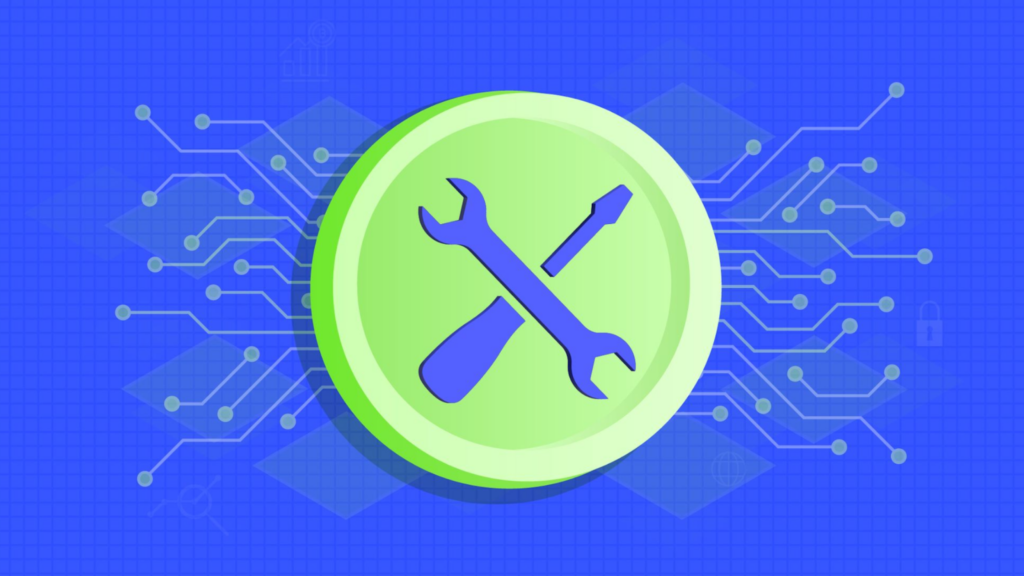
A utility token is a type of digital asset or cryptocurrency that is issued to provide access to a specific product, service, or functionality within a decentralized ecosystem or platform. Primarily, utility tokens are designed for use within a particular ecosystem and do not typically represent ownership rights or entitlements to dividends or profits.
Roles of Utility Token
Utility tokens serve several important roles within decentralized ecosystems and platforms. Here are some of their primary roles:
- Access to Platform Services: Utility tokens are often required to access and use various services, features, or products offered within a decentralized platform or ecosystem.
- Medium of Exchange: Utility tokens function as a medium of exchange within the ecosystem, facilitating transactions between users, developers, and service providers. Users can use utility tokens to pay for goods, services, or fees within the platform, creating a frictionless way to transact value.

- Incentivization Mechanism: Developers and platform operators may reward users with utility tokens for contributing content, providing services, participating in governance decisions, or engaging in other activities that benefit the platform.
- Governance Rights: In some cases, utility tokens confer governance rights to holders, allowing them to participate in the decision-making processes of the ecosystem. Token holders may have voting privileges to propose and vote on changes to the platform’s protocol, funding allocations, or other important governance matters.
- Ecosystem Growth and Development: Developers and projects can use utility tokens to bootstrap adoption, fund development efforts, and foster a vibrant and sustainable ecosystem.
- Monetization Strategy: By creating token-based revenue models, developers can generate income through token sales, transaction fees, subscription models, or other tokenomics mechanisms, thereby capturing value within the ecosystem.
- Interoperability and Integration: Interoperability enables greater flexibility, liquidity, and collaboration within the broader blockchain ecosystem.
Security Tokens Vs. Utility Tokens: Key Differences
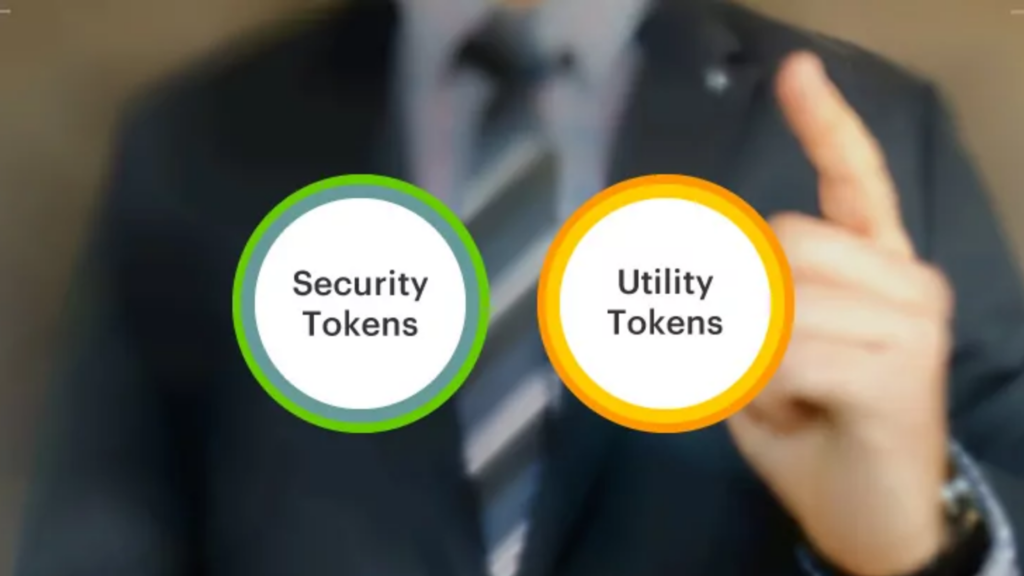
The table below listed the key differences between security and utility tokens.
| Criteria | Security Token | Utility Token |
| Purpose | Represent ownership or investment in real-world assets or financial instruments | Provide access to specific products, services, or functionalities within a decentralized platform or ecosystem |
| Legal Rights | Holders have legal rights, voting, profit-sharing | Provide access rights, limited governance |
| Regulatory Compliance | Subject to securities regulations in the jurisdictions where they are issued, sold, and traded | Regulatory considerations apply based on the nature of the tokens and their use cases |
| Liquidity | Higher liquidity | Lower liquidity |
| Issuance | Involves regulated processes (STOs) | Commonly created through ICOs or TGEs |
| Stability | Value tends to be more stable and less speculative | Value may be more fluctuating and speculative |
Conclusion
To sum up, on the one hand, security tokens play a transformative role in the digitization of traditional securities. On the other hand, utility tokens helps in incentivizing participation, driving adoption, and creating value within decentralized ecosystems and platforms.
Moreover, both security tokens and utility tokens are digital assets issued on blockchain networks. However, they serve different purposes, are subject to different regulatory frameworks, and offer distinct value propositions to investors and users. Consequently, it is important to carefully do your own research to understand these key differences for issuers, investors, and users.
About Herond Browser
Herond Browser is a Web browser that prioritizes users’ privacy by blocking ads and cookie trackers, while offering fast browsing speed and low bandwidth consumption. Herond Browser features two built-in key products:
- Herond Shield: an adblock and privacy protection tool;
- Herond Wallet: a multi-chain, non-custodial social wallet.
Herond aims at becoming the ultimate Web 2.5 solution that sets the ground to further accelerate the growth of Web 3.0, heading towards the future of mass adoption.
Join our Community!


